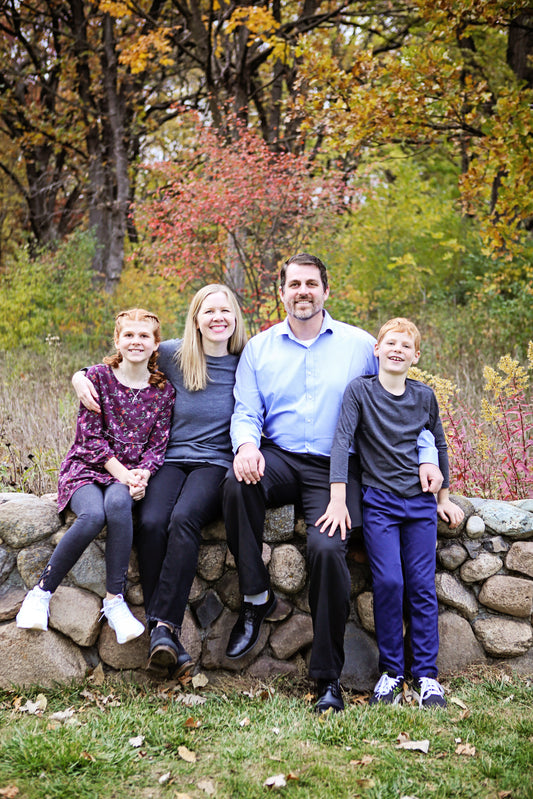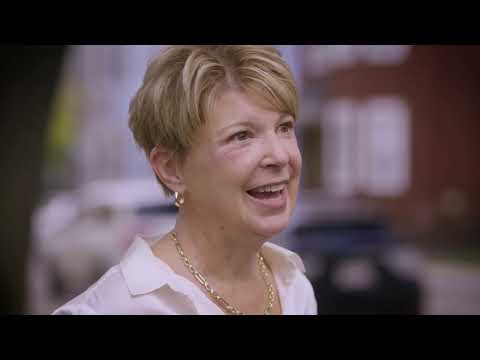RETpositive
Omaima: Diagnosed with Stage IV RET+ NSCLC at Age 42
Omaima: Diagnosed with Stage IV RET+ NSCLC at Age 42
It all started when I was experiencing a persistent low-grade fever and shortness of breath. After ruling out an infection, my general practitioner knew that it was time to do further testing to explain the persistent fluid and shortness of breath I had been experiencing for over four weeks.
He was very familiar with stories of NSCLC in middle-aged non-smokers, as he himself had been living with lung cancer for a few years. He knew exactly how to navigate the process to ensure that I got the right testing and diagnosis.
In early 2020, my PET scan and genetic testing confirmed that I had Stage IV RET NSCLC with high PDL-1 expression. No one in my family had cancer, and I only knew about cancer from a distance. I was in an uncharted territory, and I felt clueless.
All I understood at that time was I didn't want my 13- and 17-year-old kids to live through the trauma of losing their mother. At some point, I found myself praying and bargaining... If only I could have 5-10 years of cancer-free time with my kids. Thinking further, I realized that it is NEVER a good time for kids to lose their mom to a terminal disease.
To start treatment, I worked with a general oncologist. He felt strongly that Keytruda (an immunotherapy drug) would be the right treatment for me due to my high PDL-1 expression. During the 10 weeks I was on Keytruda, my symptoms got worse. Only the left side of my chest was moving while breathing, and the right side was completely still due to increasing adhesion and inflammation.
During those 10 weeks I had a chance to research online and learn more about lung cancer and tyrosene kinase inhibitors (TKIs, which disrupt the cancer proteins they target). Through my research, I was lucky to stumble upon the LUNGevity foundation website. Through them, I was able to find reliable information and get reliable support through shared experiences.
Based on my reading and research I was not surprised when my scan showed progression after 10 weeks on Keytruda. By that point I had already found a lung specialist in my area, who was conducting a trial for the TKI selpercatinib (Retevmo).
I have been on Retevmo since May 2020 and it has made a difference. My breathing improved three weeks after I started treatment. By the third scan after starting Retevmo, the results were phenomenal: three nodules in the right lung had resolved; lymph nodes in the chest and abdomen had resolved; pleural adhesion had resolved; and my pleural effusion was gone.
No evidence of active disease.

Get Involved
Together we can make RET-positive cancer a chronic disease. Please sign up for our newsletter or make a donation for lifesaving medical research.





